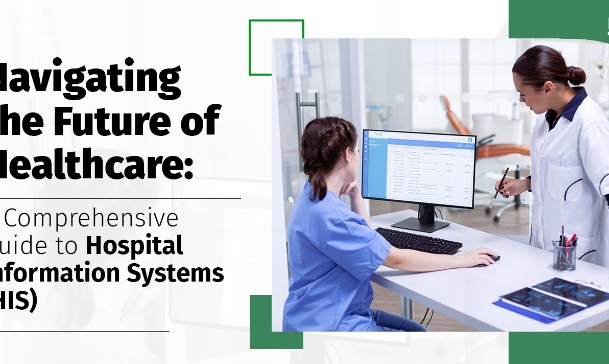Revolutionizing Healthcare: How Physician Information Systems are Changing the Game
In today’s fast-paced world, healthcare systems are constantly evolving to keep up with the increasing demands of patients and providers alike. One key component of this evolution is the implementation of Physician Information Systems (PIS), which are transforming the way healthcare is delivered and managed.
Improved Communication and Collaboration
Physician Information Systems allow healthcare professionals to access patient records, test results, and treatment plans in real-time, enabling them to make quicker and more informed decisions. This streamlines communication between doctors, nurses, and other healthcare providers, leading to improved collaboration and coordination of care.
Enhanced Efficiency and Productivity
By automating time-consuming tasks such as scheduling appointments, ordering tests, and prescribing medications, Physician Information Systems free up valuable time for healthcare professionals to focus on providing high-quality patient care. This increased efficiency not only benefits providers but also improves patient satisfaction by reducing wait times and streamlining the overall healthcare experience.
Personalized Patient Care
With access to comprehensive patient information at their fingertips, healthcare providers can deliver more personalized care tailored to the individual needs and preferences of each patient. This helps improve outcomes and patient satisfaction, as treatment plans can be adjusted and fine-tuned based on real-time data and feedback.
Improved Billing and Financial Management
Physician Information Systems also play a crucial role in streamlining billing and financial management processes, helping healthcare facilities accurately track and manage payments, claims, and reimbursements. By automating these tasks, PIS help reduce errors and improve revenue cycle management, ultimately leading to a more financially sustainable healthcare system.
Enhanced Data Security and Privacy
In an age where data breaches and cybersecurity threats are increasingly common, Physician Information Systems are designed to prioritize data security and ensure patient privacy is protected at all times. By implementing robust encryption and authentication protocols, PIS help safeguard sensitive patient information from unauthorized access and prevent potential breaches.
In conclusion, Physician Information Systems are revolutionizing healthcare by improving communication, enhancing efficiency, personalizing patient care, streamlining billing processes, and prioritizing data security. As healthcare systems continue to evolve and adapt to the changing landscape, PIS will play a crucial role in shaping the future of healthcare delivery and management.

